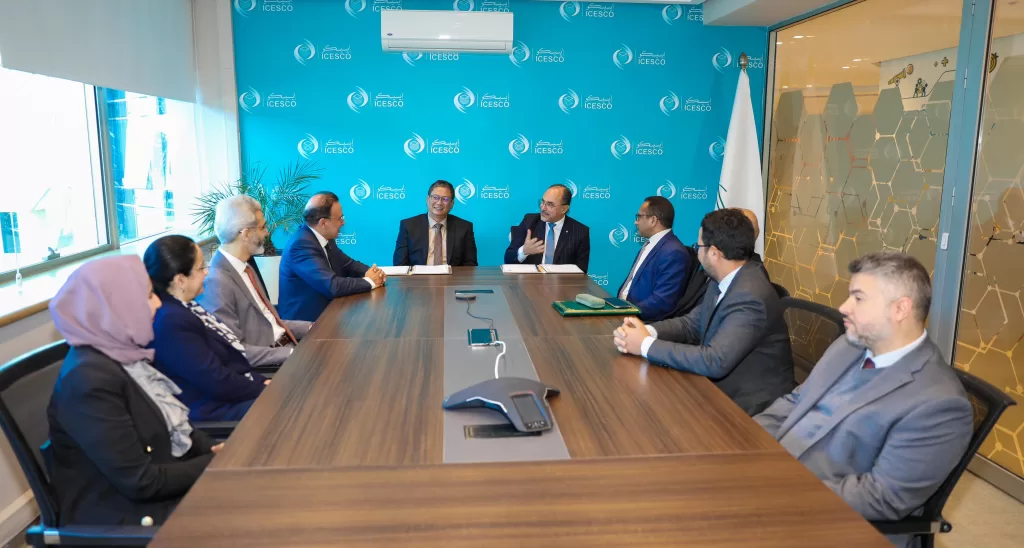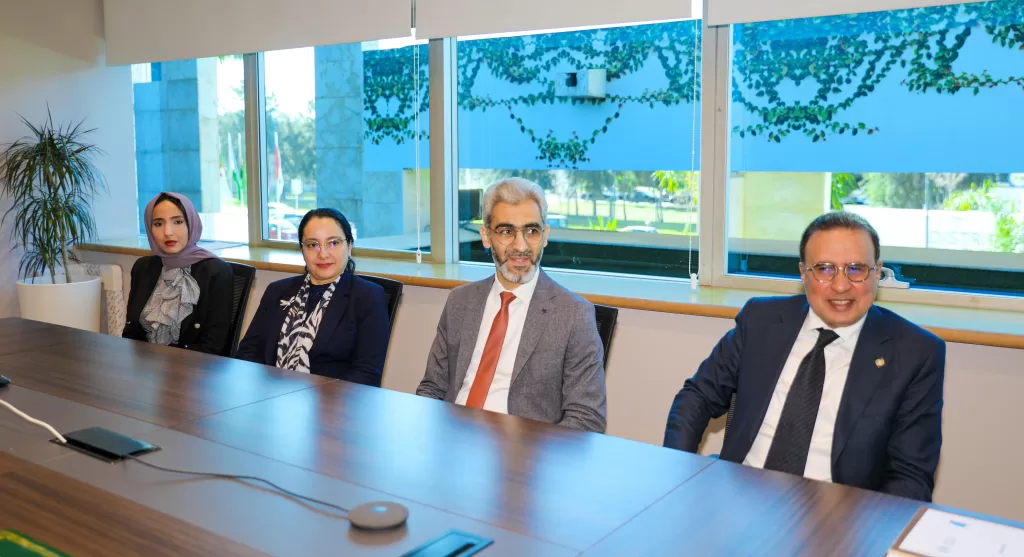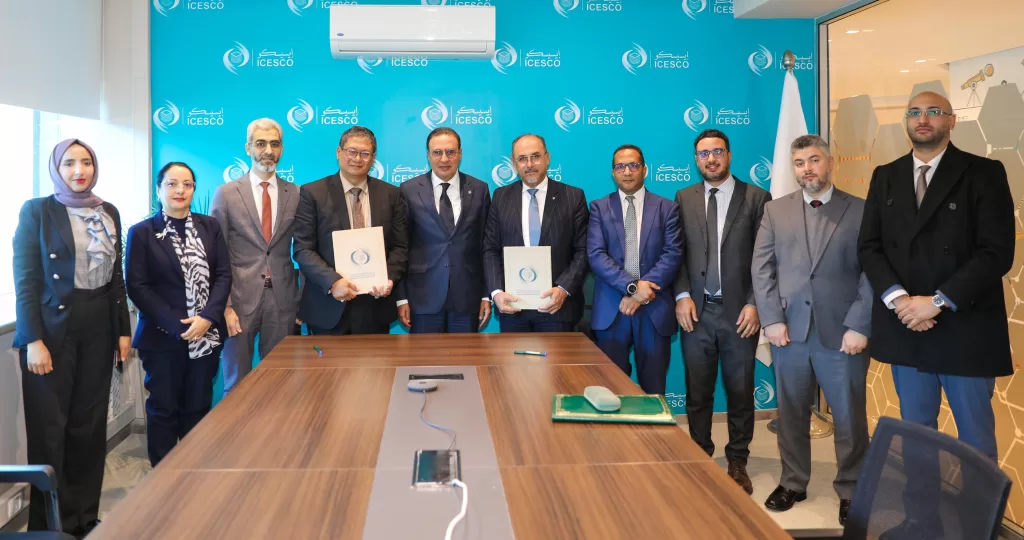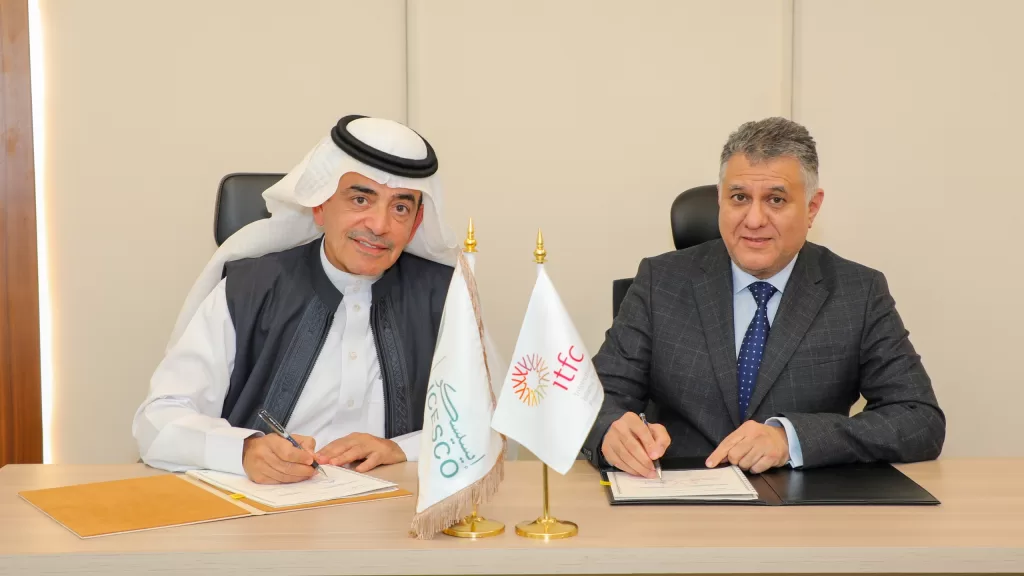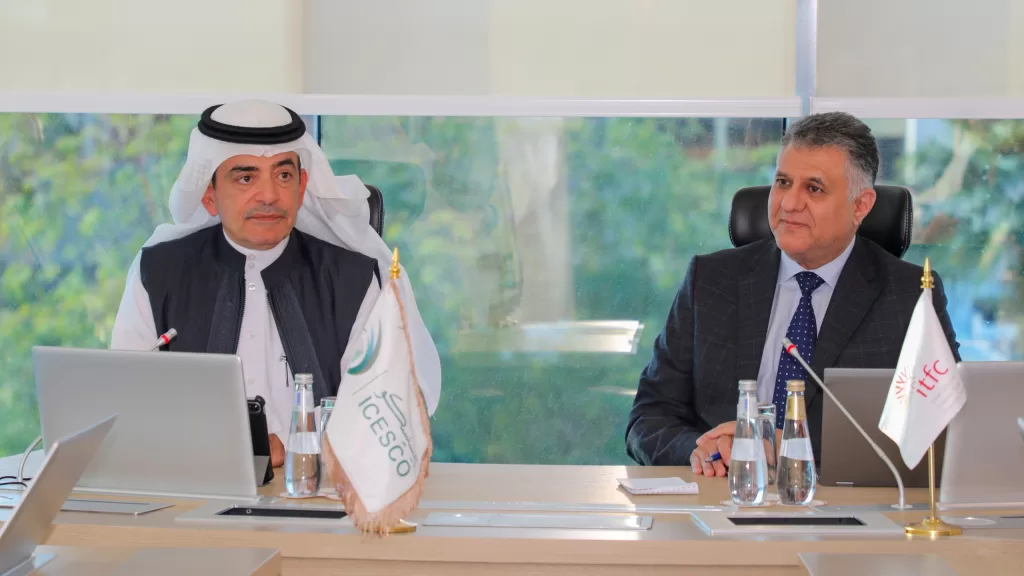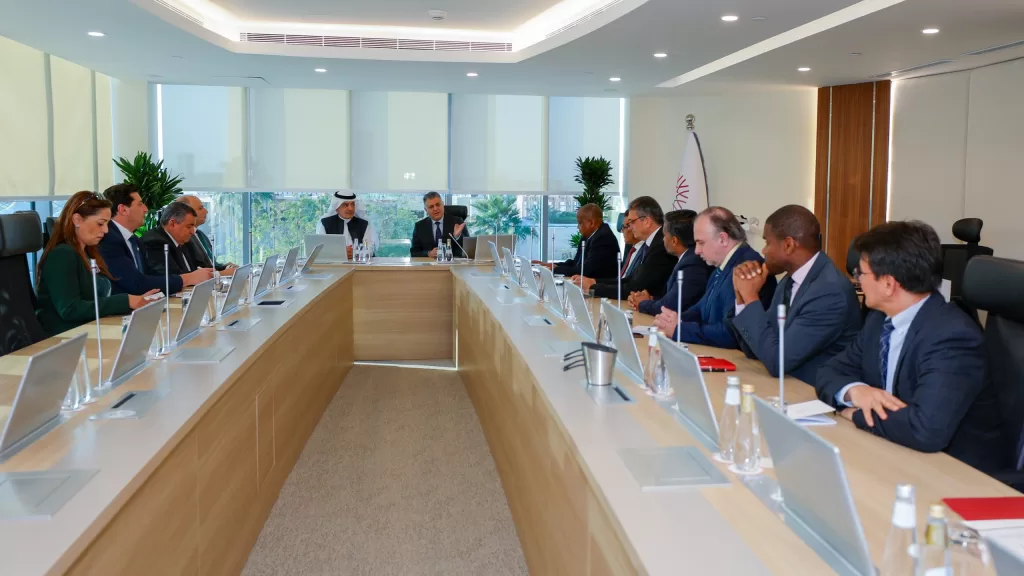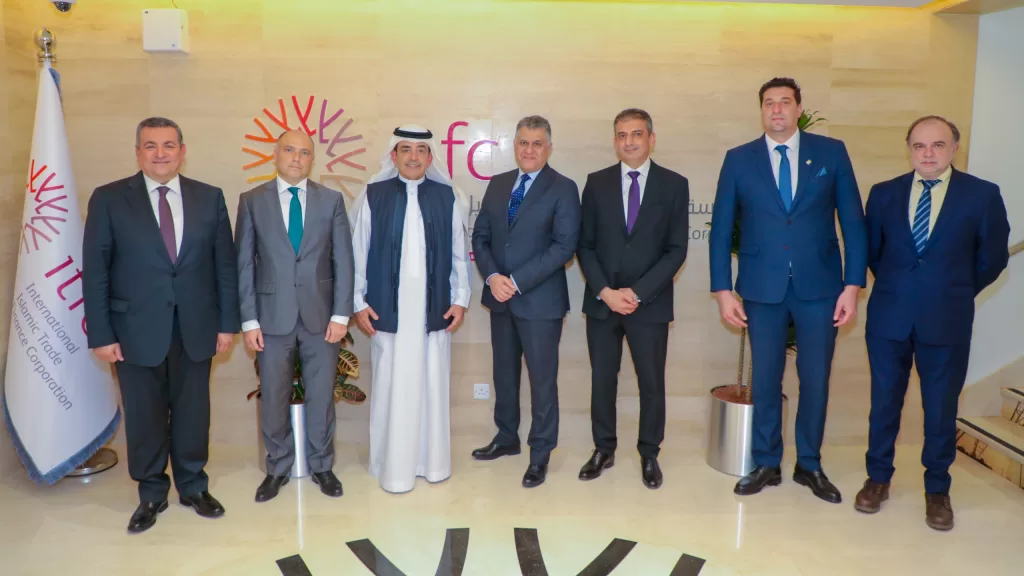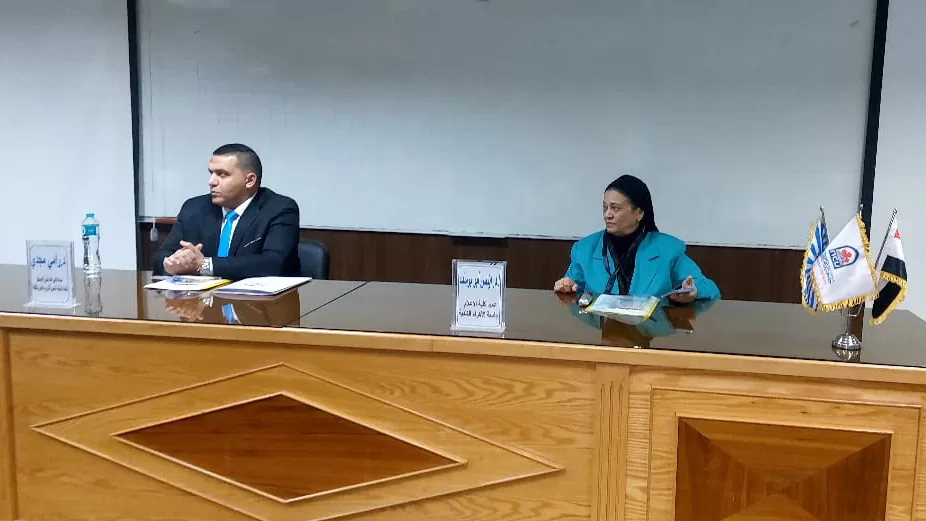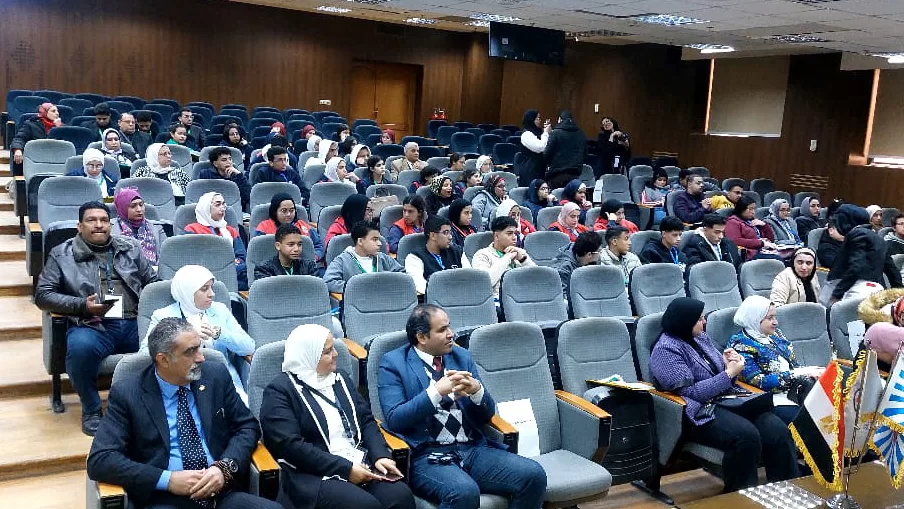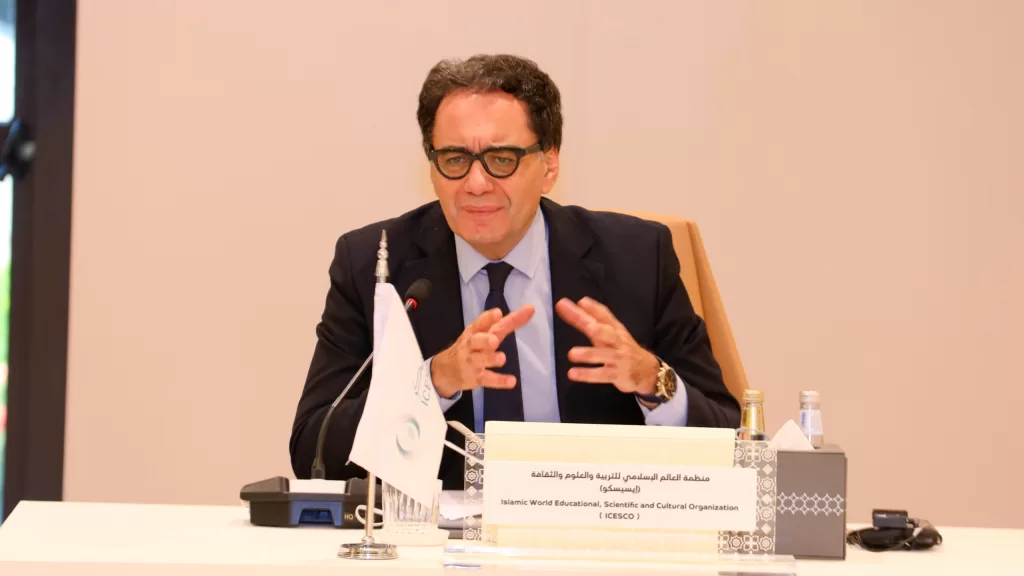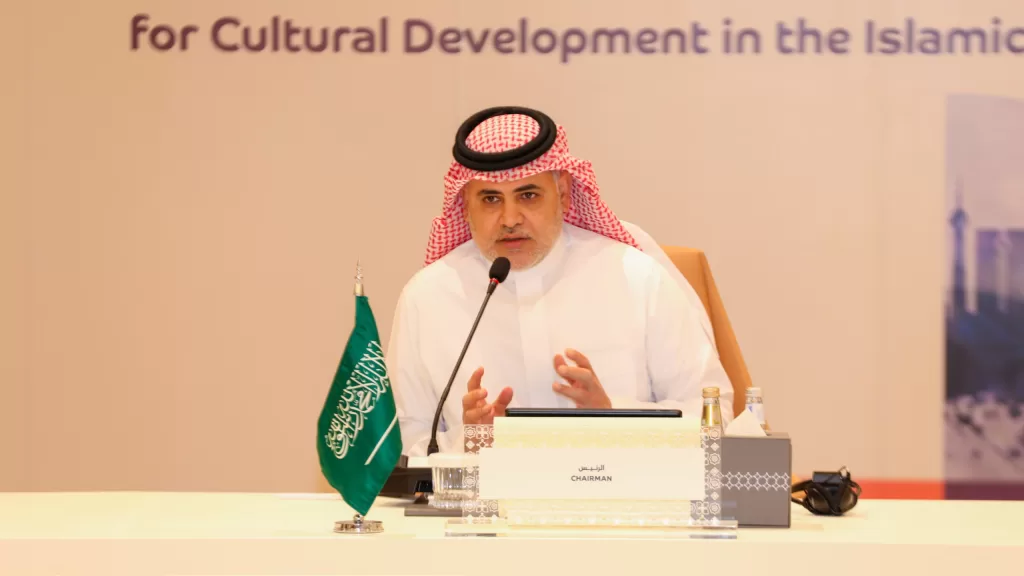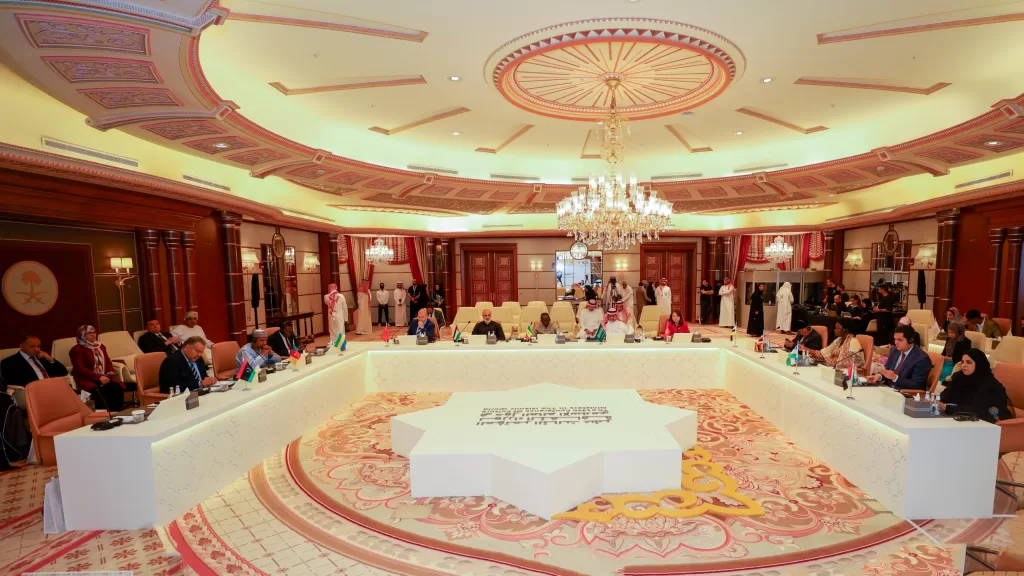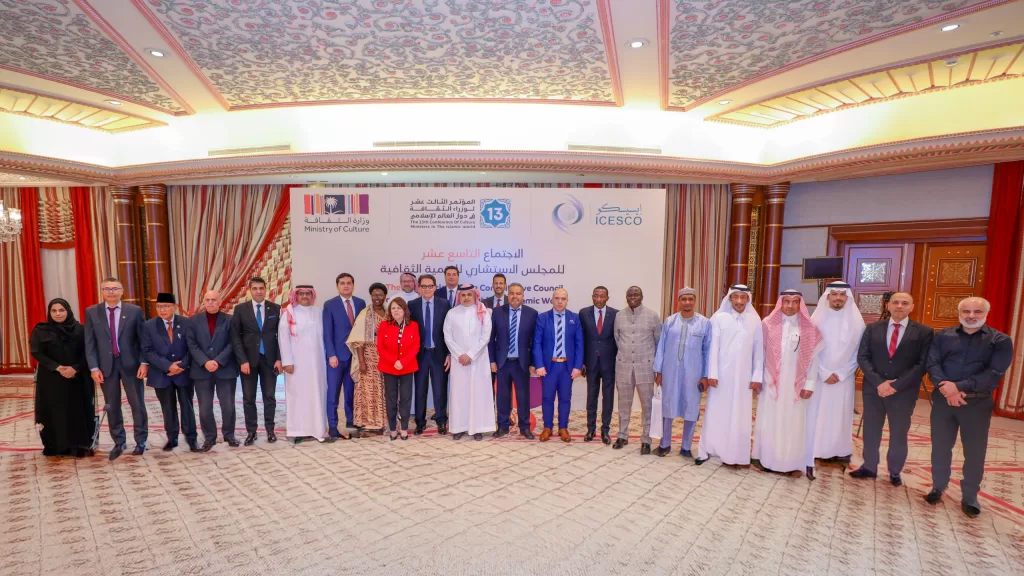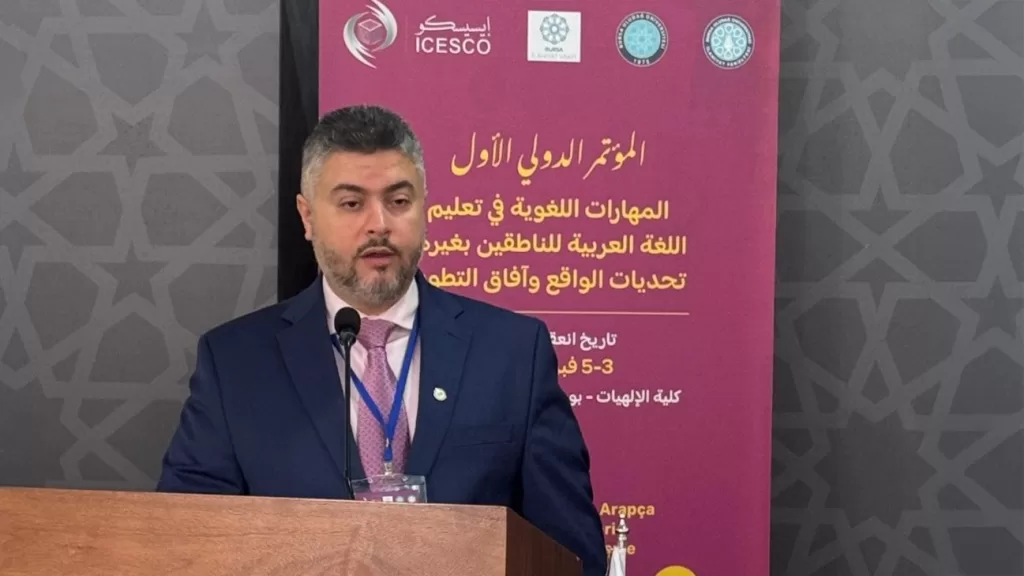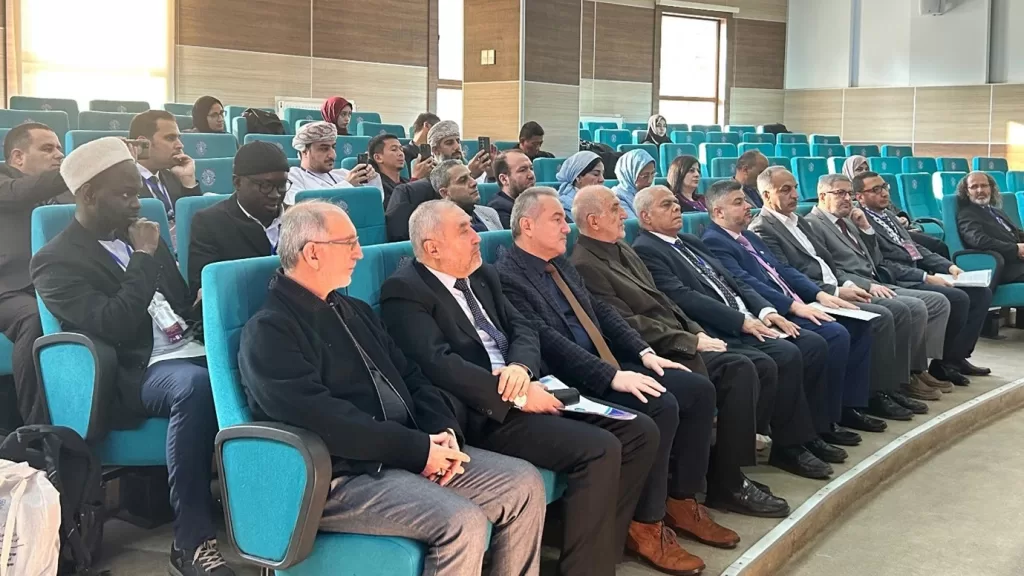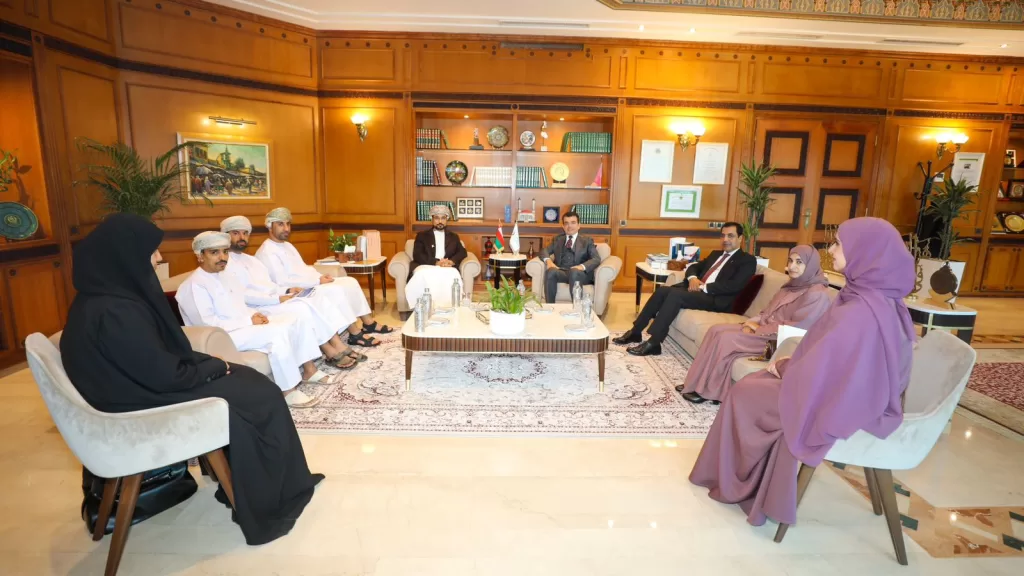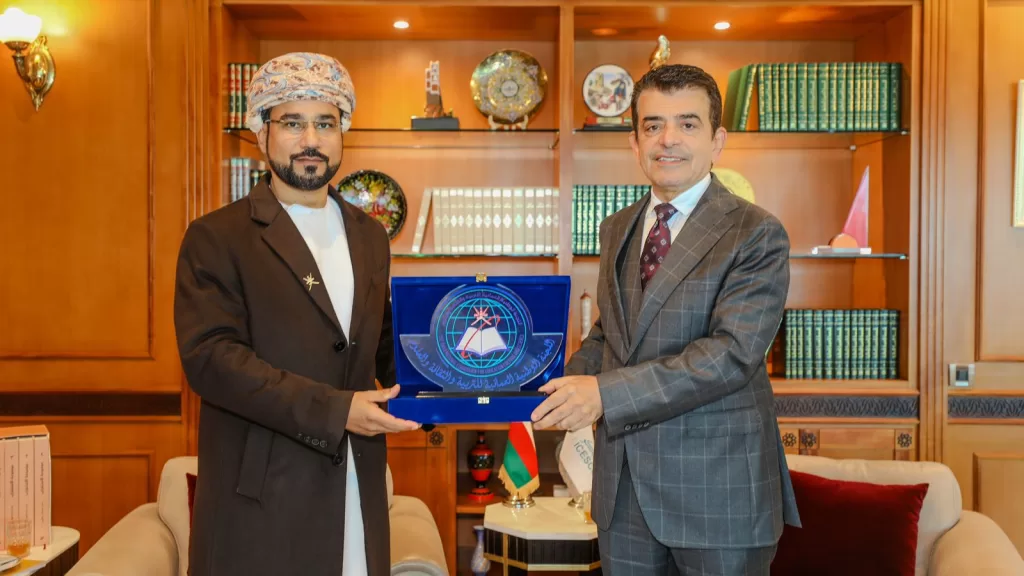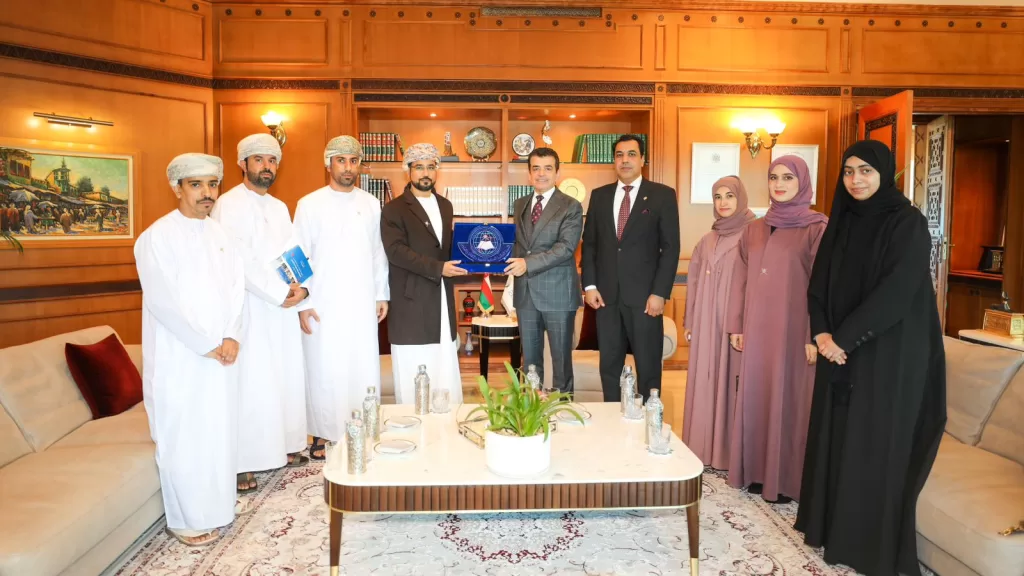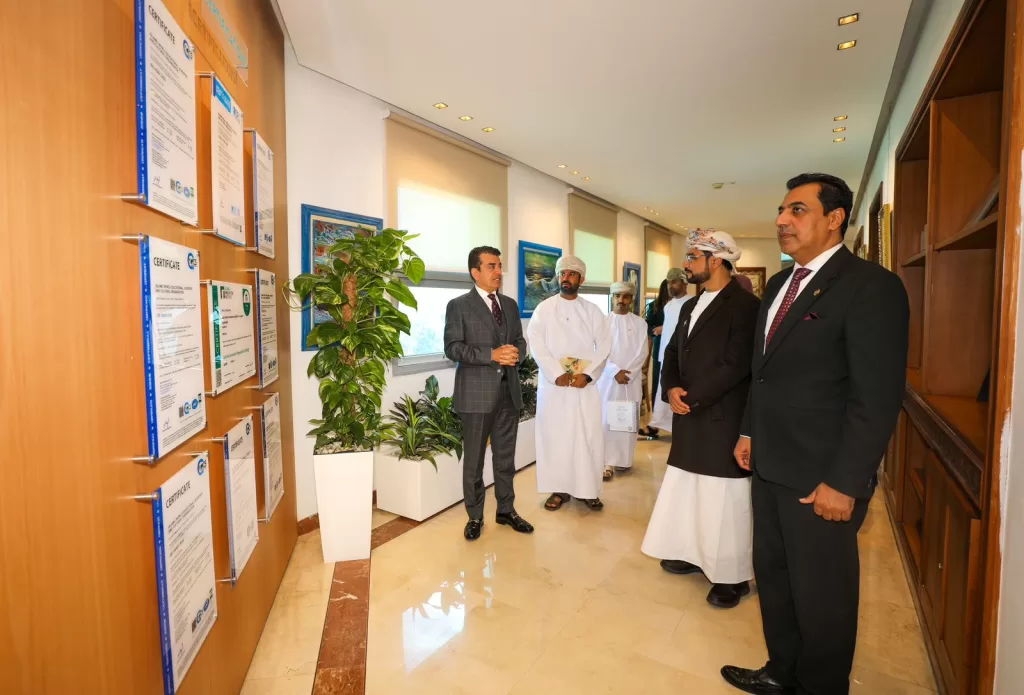With the esteemed presence of His Highness Prince Bader bin Abdullah bin Farhan AlSaud, Minister of Culture of the Kingdom of Saudi Arabia, and His Excellency Rustam Minnikhanov, President of the Republic of Tatarstan in the Russian Federation, the 13th Conference of Ministers of Culture in the Islamic World kicked off on Wednesday, 12 February 2025. The event, organized by the Islamic World Educational, Scientific, and Cultural Organization (ICESCO), is hosted by Saudi Arabia, represented by the Ministry of Culture, under the theme “The Impact of Culture on Socio-Economic Development.” The Conference brings together broad participation by ministers of culture and delegations from ICESCO Member States, alongside heads of several regional and international cultural organizations.
The opening session began with a recitation of verses from the Holy Quran, followed by an address from His Highness Prince Bader bin Abdullah bin Farhan AlSaud, expressing Saudi Arabia’s pride in presiding over the 13th Conference of the Ministers of Culture in the Islamic World, which aims to enhance joint cultural efforts and promote culture as a fundamental pillar in achieving socio-economic development.
The Saudi Minister of Culture reaffirmed the Kingdom’s support for ICESCO’s efforts in empowering intellectuals and writers from Islamic countries by enhancing their presence in various cultural events and research projects. He also expressed appreciation for the cooperation of the Member States in ensuring the success of this session and the projects and initiatives that will emerge from it, emphasizing the importance of continuing efforts to strengthen joint cultural work.
Dr. Ghanim bin Mubarak Al-Ali, Assistant Undersecretary for Cultural Affairs at the Qatari Ministry of Culture and Chair of the previous Conference session, reviewed Qatar’s dedicated efforts during its presidency of the Conference to achieve the cornerstones of the Doha Declaration on the Renewal of Cultural Action in the Islamic World, which formed a fundamental reference in protecting, preserving, valuing, and digitizing heritage. He further stressed that cooperation is the best way to achieve success and the key to ensuring a strong and sustainable role for culture in our societies and global civilization.
In his remarks, His Excellency Rustam Minnikhanov, President of the Republic of Tatarstan, emphasized his commitment to strengthening cooperation with the Islamic world to contribute to cultural and sustainable development. He praised ICESCO’s endeavors in preserving and promoting Islamic heritage through its various programs and initiatives, particularly in inscribing tangible and intangible heritage sites on heritage lists and assisting Member States in obtaining global heritage recognition. He also highlighted Tatarstan’s keen interest in ICESCO’s Capitals of Culture Program.
For his part, Mr. Hissein Ibrahim Taha, Secretary-General of the Organization of Islamic Cooperation (OIC), commended the Conference’s theme, which underscores the importance of culture as a driving force for comprehensive development in the Islamic world and its effective role as a soft power that bridges cultures and showcases human values. He pointed out that culture today extends beyond self-expression and national identity to influence the economic identity of countries, which makes it imperative to support cultural and creative industries and be part of the broader vision to promote the culture of the Islamic world and renew its content.
Mr. Miguel Ángel Moratinos, High Representative for the United Nations Alliance of Civilizations, stressed the need to focus on the role that culture can play in achieving sustainable development across economic and social domains and in fostering peace and civilizational dialogue, emphasizing that diversity and plurality are essential elements in achieving global peace. He also outlined the efforts and initiatives undertaken by the Organization to promote lasting peace.
The opening session concluded with remarks by Dr. Salim AlMalik, ICESCO Director-General, in which he expressed the Organization’s honor in holding this historic gathering in Saudi Arabia, stating that the Kingdom has “raised high the banner of culture, and by the hands of its youth, charted a course that commands admiration.” He further extended his deep gratitude to Saudi Arabia for its efforts to successfully arrange the hosting of the Conference.




